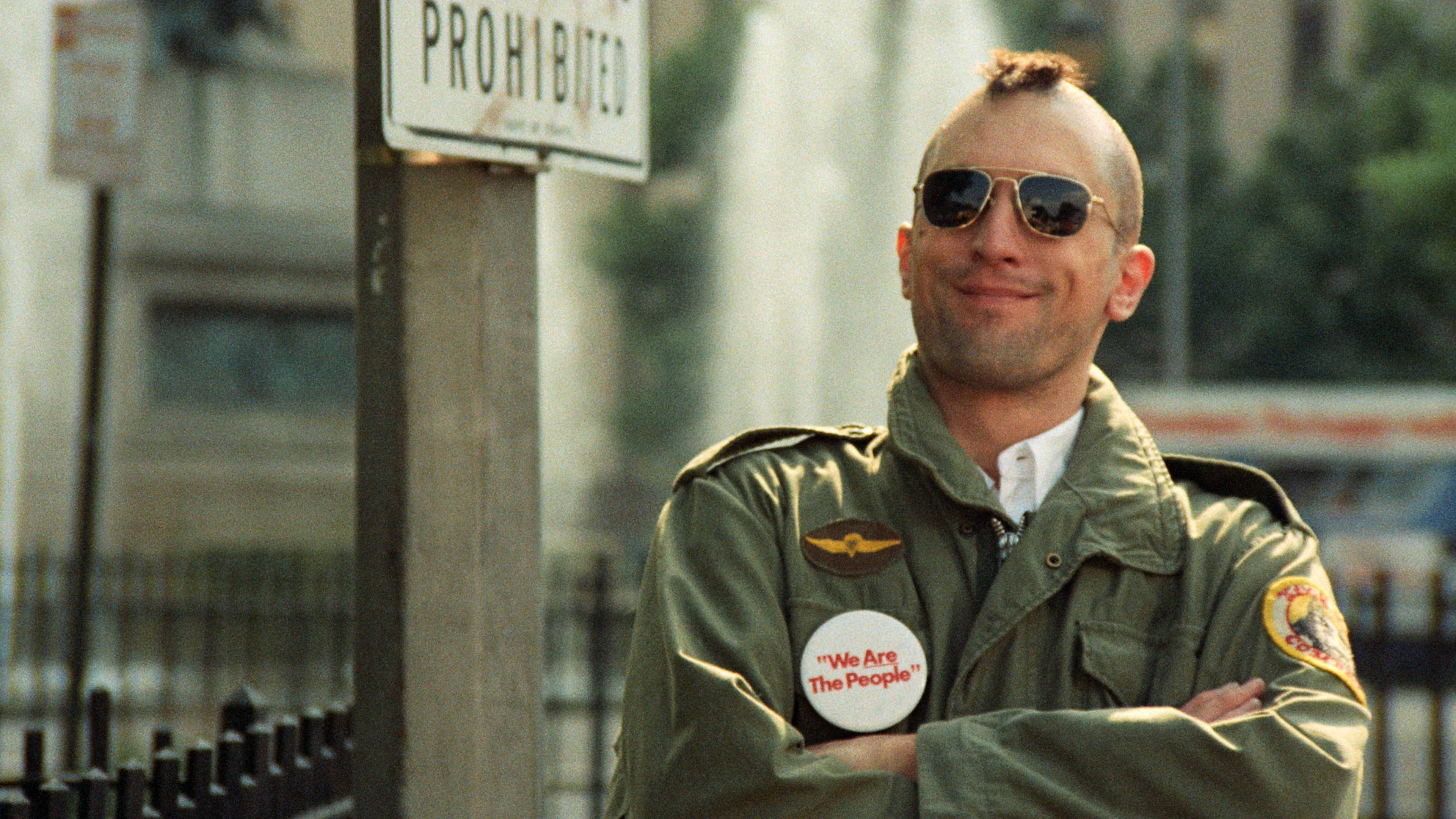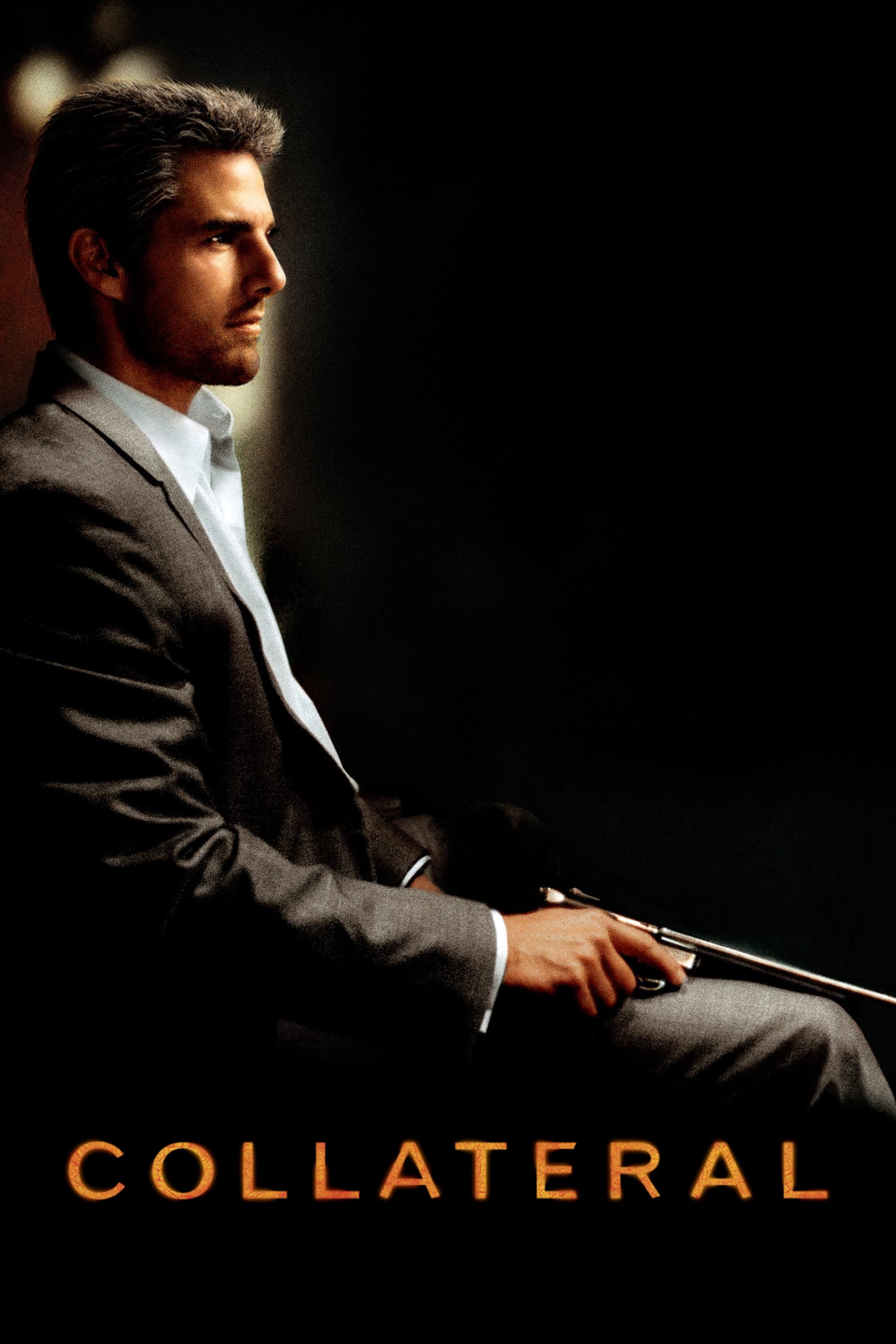⭐⭐⭐⭐⭐
To quote Roger Ebert when he discusses Taxi Driver, the scene where Robert De Niro kinda sorta almost breaks the fourth wall by repeatedly asking "you talking to me" might be the most widely quoted line from the film, but it's what he says after that is far more important to understanding Travis Bickle and his seemingly fragmented journey.
"I'm the only one here."
The first viewing of this movie can certainly be challenging. Travis isn't as outwardly unlikable as, say, Rupert Pupkin of The King of Comedy, but he is certainly not someone you would want to find yourself hanging out with under almost any circumstances. He is alone even in a crowd, and the camera often reminds us of this when it shows his coworkers in one frame before cutting to him in isolation, even though he is only sitting a few feet from them at the same table.
However, this awkwardness is not what makes the movie somewhat inaccessible on a first viewing for a lot of people. Many movies center themselves on awkward people, but it's the plot that Travis more or less wanders through. There isn't a singular thread that runs throughout other than Travis's fantasies of becoming a vigilante. It's a perverted, nihilistic expression of masculinity that culminates in an orgasmic display of violence in the film's closing minutes. It's impossible to predict that that sequence, or the story of rescuing the child prostitute from her nasty pimps in the first place, would be where the film ends up after the first handful of scenes that introduce us to God's lonely man.
In an interview, Paul Schrader was quoted as saying it took him just over two weeks to write the finished screenplay, and that the taxi that Travis works in is a "symbol of urban loneliness, a metal coffin". Extenuating this notion further, you are, in fact, your job. We are told that Travis is a discharged marine from the Vietnam war, but we never hear anything about his time there other than being shown what looks like burns on his back. Instead, he is now a taxi driver and nothing else. In the modern world, you are your job, whether you want to be or not. If you were to die right now, the only thing they would describe you as in the media is what you do for a living (which I've always felt is a disgusting expression, but that is a whole other conversation). Your value is your output; such is the way of the modern industrialized world.
I've been following Schrader's career for years now, and I love how he has carved out this niche for himself. Time and time again we see him revisiting these themes of masculinity and existentialism playing out on different scales. A jaded man's inability to reconcile with his past moral failures such as The Card Counter, or a man who's will to power overtook his physical form such as Mishima: A Life in Four Chapters; these are ideas Schrader has been fascinated with throughout all of his works. This film was the introduction, and I don't know if we'll ever get the conclusion. And to be honest, I don't want one. On a totally biased and self-serving note, these sorts of movies are thoroughly engaging, so I don't want them to ever stop being made. Travis lacks empathy and is most likely a psychopath, but Schrader still provides empathy within his screenplay.
The ending of the film is a tricky one, and I don't mean the shootout, but rather what follows after that. Scorsese and Schrader seem to be on the side of that what we see there is real, and that Travis survived the shootout, but this reading just doesn't make any sense to me. First and foremost, a person would not survive the injuries he sustains throughout the rampage. He is shot in the neck and in the arm and isn't tended to for quite some time and would, therefore, bleed out by the time the police showed up to the scene. Secondly, it's important to not let our disgust for the pimps cloud our judgment and cause us to misunderstand what Travis is doing. No matter what your feelings are towards these people, this is still premeditated first degree murder against three people. I'm not saying I feel any sympathy for them, but it's important for us to recognize that vigilante justice is not real justice. Travis would not just be let free by the police, and I honestly don't believe that he would be celebrated as a hero by the media. He planned out the attack and was not acting in self-defense in the situation at all, so he would unquestionably spend the rest of his life in prison for what he did. Betsy responding to him in the manner that she does is exactly what he wanted. He wanted to be a hero for the girl so she could see that she needed him, but this is little else than a dying man's fantasy.
So what does it mean? My interpretation is that he does, in fact, die while imitating suicide in front of the cop. As the camera cuts to the long panning overhead shot, we see the full carnage of the bad ideas in one narcissistic, deeply lonely man. He didn't have many opinions about anything, but we do know that he harbored a fantasy that involves a rain washing away all the "scum" off the streets, as he puts it. When he meets the man in his taxi ironically played by Scorsese himself, the man starts talking about using a gun to deal with his wife's infidelity with a black man. This only escalates his misogynistic and racist worldview and introduces the idea of using violence himself to resolve what he perceives as his problems. And as such is the case with conspiratorial thinking, because Travis has no friends to bounce his ideas off of, and therefore no one to challenge his worldview, his beliefs only become more and more extreme as his descent in nihilistic vigilantism furthers. He wants to be a hero. He wants to be the one who rescues society, but when he realizes he can't do that, he wants to rescue the girl. This reaches its climax after he executes the remaining pimp, where he immediately attempts to commit suicide in front of Iris (Jodie Foster). He doesn't value his own life or anyone else's, but he does value his own perverted expression of masculinity. Travis Bickle is little more than God's lonely man.


No comments:
Post a Comment